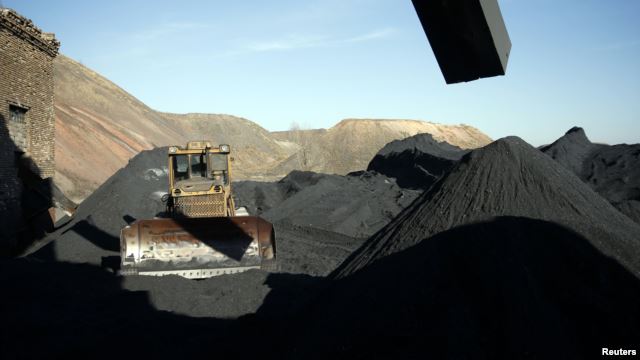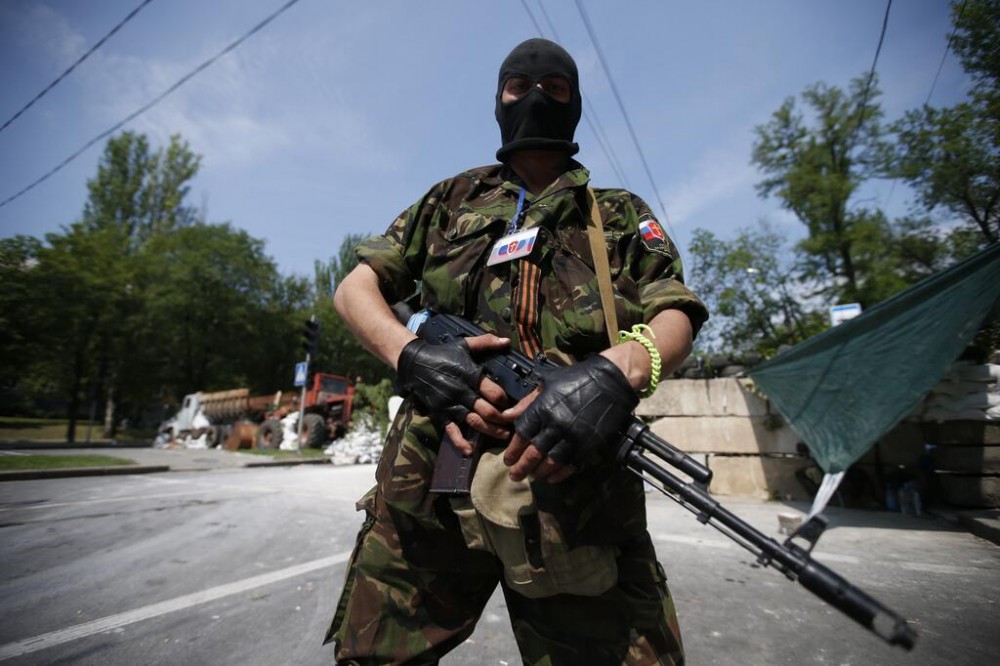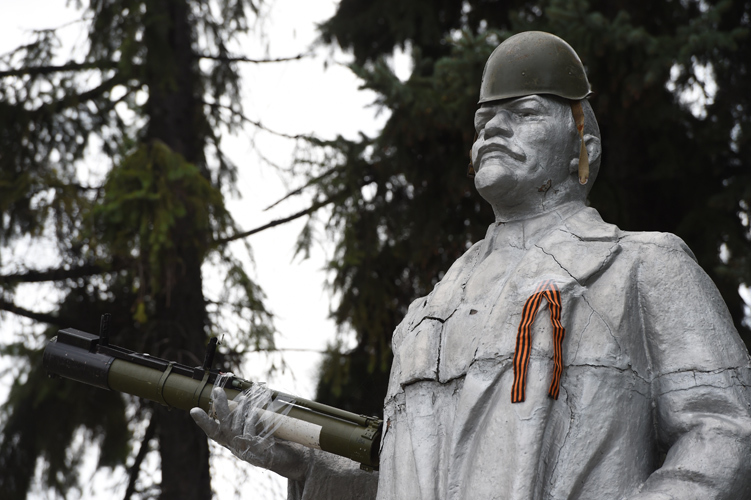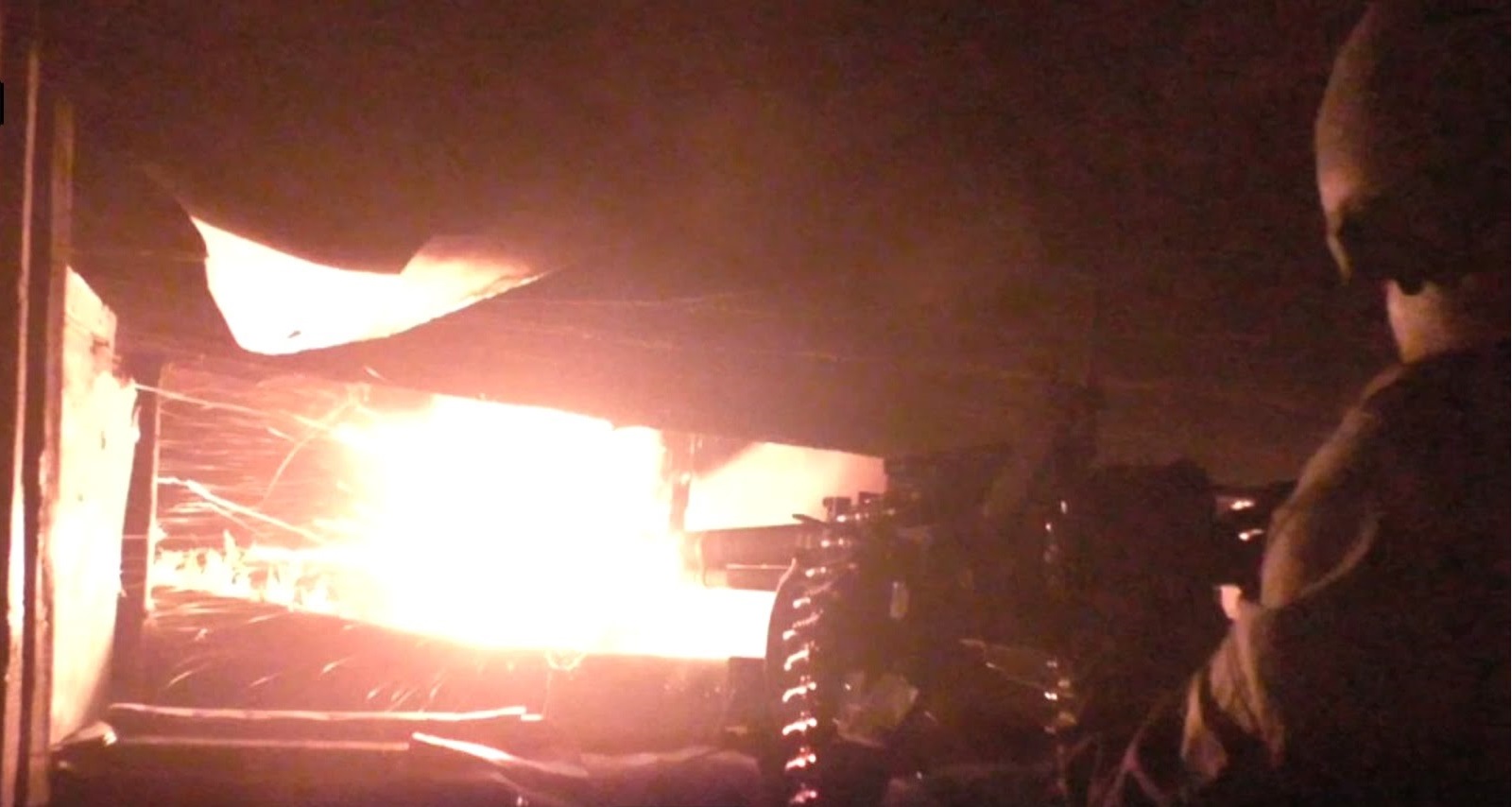Russian companies stopped exporting energy-producing coal to Ukraine, reports Minister of Energy and Coal Industry Yury Prodan. He did not name the reasons Russia did this, but noted that these reasons have no economic grounds.
“Ukrainian companies paid for the coal in a timely manner,” Prodan emphasizes.
In Ukraine, the coal necessary to produce electricity is extracted, besides the combat zone, in Dnipropetrovsk, Lviv and Volyn oblast, as well as the part of Donbas controlled by the Ukrainian army, particularly Dobropillya, Krasnoarmiysk, Selidov and Vuhledar. According to the Ministry of Energy, the coal deposits in Donbas constitute 92% of all the deposits in Ukraine, and the ones in Lviv and Volyn – only 2,5%. At the same time, miners in Lviv oblast initiated the reopening of additional mines and increasing extraction.
At the same time Ukrainian coal is more expensive than African coal, Russian coal and coal from some EU countries. In particular, coal from the Republic of South Africa Ukraine had bought cost only 85 USD per ton before the Office of the Prosecutor opened a criminal case regarding possible abuse of power surrounding this import. To compare, Ukrainian coal costs 150 USD and more, as evidenced by the reports of bulk-buyers on the coal market.
Officials and experts have stated many times that cheaper brown coal, the extraction of which is being renewed in Cherkasy and Kirovohrad oblasts, may replace some of the Russian gas.
Meanwhile the coal reserves at Ukraine’s thermal power plans are smaller than last year, they will be enough for several weeks, and in some places, days, of work, experts emphasize. The Ministry of Energy and Coal promises to increase these reserves by January, especially on account of imported coal, in order for the reserves at all electrical plants to reach the safety mark of three million tons.
Omelchenko: the government should have predicted the coal deficit
The Ukrainian could have predicted the problem with coal supplies back in the summer, so the government could have ensured its purchase from various sources, but it neglected to do so, says Razumkov Center head of energy programs Volodymyr Omelchenko. According to him, it is more difficult to solve this problem in winter, but it is also doable.
“Importing coal from Russia is a very risky deal, obviously. Russia aims to disrupt Ukraine’s energy balance. Ukraine continues to send gas and electricity to Crimea and occupied parts of Donbas for free. The government can stop exporting these resources until they start paying the market price, or until they get coal in exchange. For a million dollars’ worth of coal – a million dollars’ worth of electricity. No coal – no electricity. This way Ukraine can get rid of its energy dependence on Russia and not support the occupied territories,” the expert concludes.
Energy expert Volodymyr Lartsev emphasizes that the ‘coal crisis’ in Ukraine was planned in Moscow, and is one of the main goals of the conflict the Kremlin maintains in Donbas.
“One of the reasons Russia supports ‘DNR’ and ‘LNR’ is its intention to make Ukraine fall to its knees in term of energy. They did not manage to do it with gas, which is why they took on coal,” the expert explains. “Most Ukrainian mines are in the pre-front zone, and they cannot work because of terrorist control or shelling. As this war cannot end fast, we have to agree with South Africa, the Balkan states which have coal, which accords to the needs of the Ukrainian thermal plants, or with Poland, whose coal accords with those needs partially.”
As to Ukrainian energy-producing coal, Volodymyr Lartsev says that about 45% of the mines are under ‘DNR’ or ‘LNR’ control. At the same time, about 70% of Ukrainian mines cannot work because of combat: even those on separatist-free territory suffer from artillery and mine shelling, the expert says. As such, in the nearest months Ukraine cannot solve the problem by simply increasing extraction at the mines that work.
Separatist leaders in Donbas claimed they are not against exchanging coal for electricity or other resources from Ukraine. The Ukrainian government emphasizes they have no intention to buy Ukrainian coal from the separatists.





